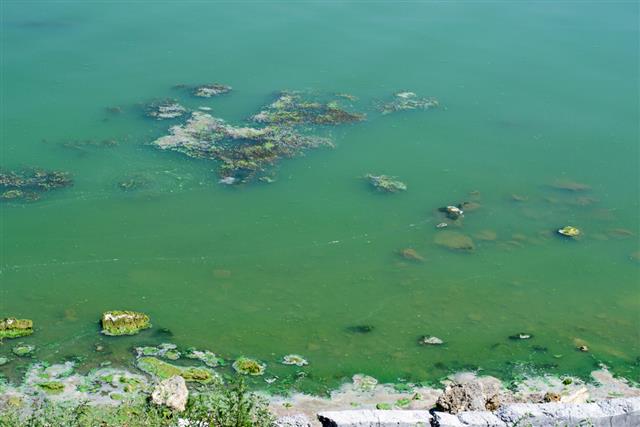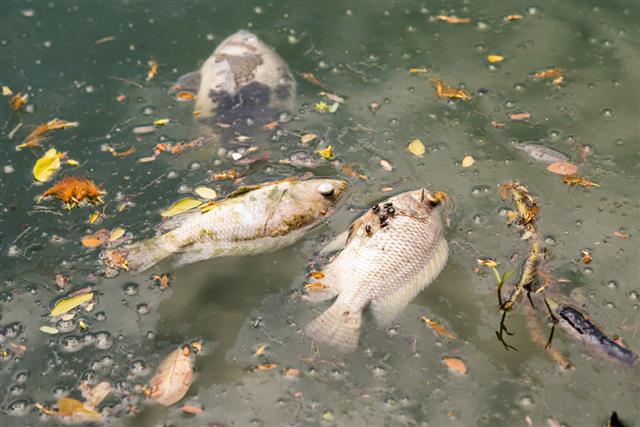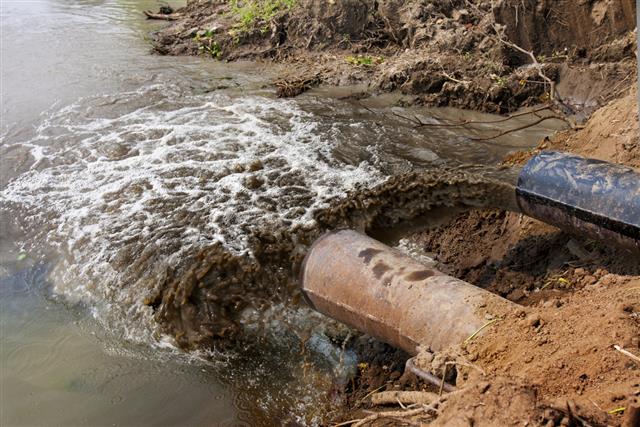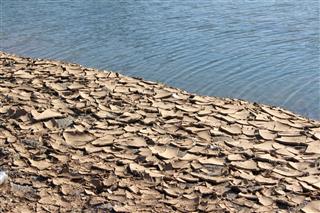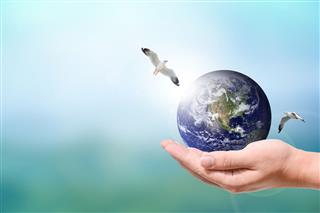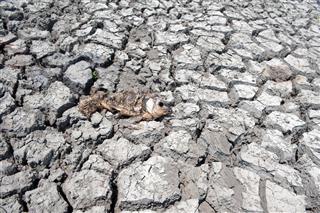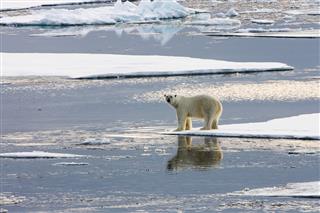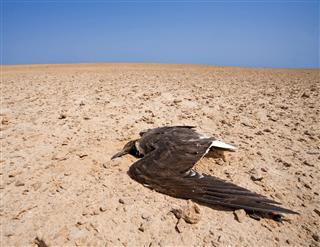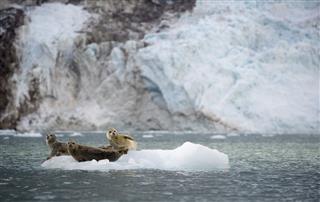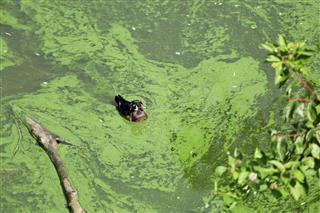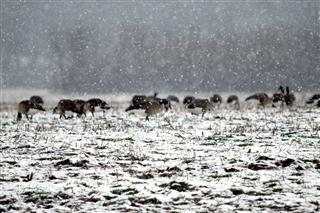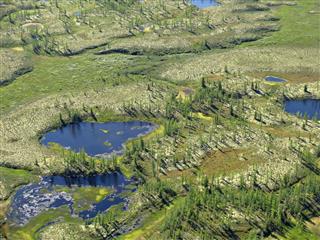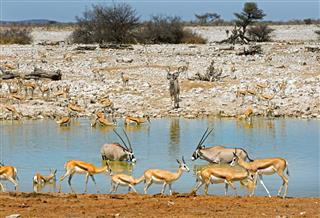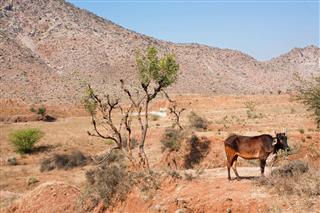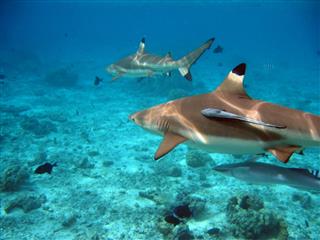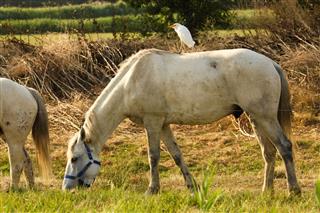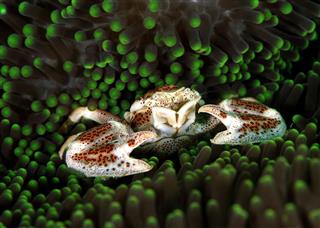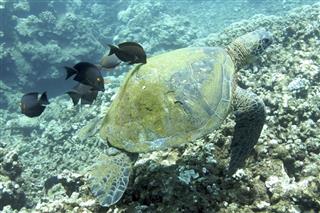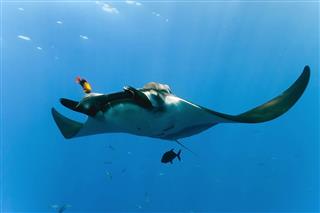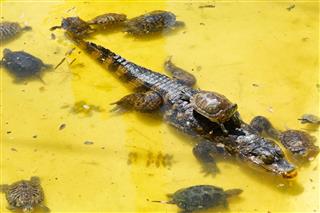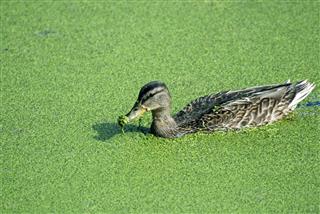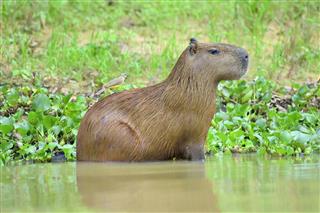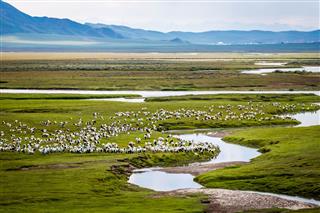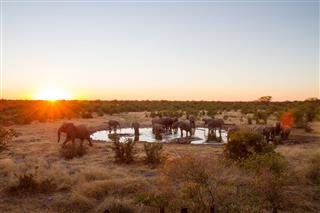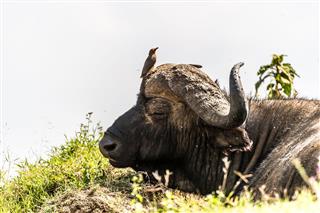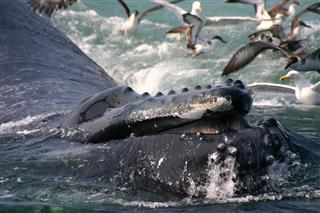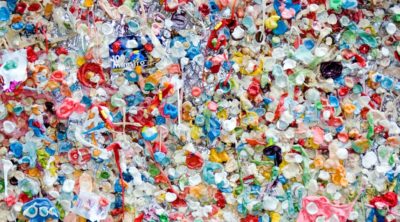
We all know what kinds of adverse effects water pollution has on humans. What about the effects of water pollution on animals? Let’s spare some time to acquaint ourselves with, and ponder upon, the plight of other creatures on planet Earth, due to water pollution.
As we watch the Sun go down, evening after evening, through the smog across the poisoned waters of our native Earth, we must ask ourselves seriously whether we really wish some future universal historian on another planet to say about us: “With all their genius and with all their skill, they ran out of foresight and air and food and water and ideas,” or, “They went on playing politics until their world collapsed around them.” ~ U. Thant
Although the concern voiced by the former UN Secretary General is valid to the core, the issue is way larger than what opinion some future universal historian on another planet will harbor about the Great Human Race. The issue that we have at hand is of a way more sinister nature. With the reckless acts humanity has been committing in the name of technological and economic progress, that has the future of all life forms on planet Earth hanging by a thread, does it even matter what some historian belonging to an alien race would think of us? I don’t think so! Be it soil, water or air, mankind has not spared any of the basic life-sustaining elements from its avaricious clutches.
In fact, these three elements did not suffice to accommodate humanity’s materialistic intentions to the complete extent, thereby, prodding Man to look beyond the Earth’s atmosphere for furthering his banefully selfish ends. Evidence of this can be seen in form of space waste, which is junk and useless material that no longer serves any purpose to humanity, and has been left to orbit the Earth in the form of space debris. Anyway, speaking of water pollution, its effects are far more harmful and devastating on animals than humans, especially, when those animals happen to be aquatic. Let’s take a look at some of the most pronounced ill effects of water pollution on animals.
Water Pollution Effects on Animals
While we humans only feel the harmful consequences of water pollution when we consume contaminated water, go swimming in polluted water sites or make aquatic life forms from polluted water bodies part of our diet, animals are easier victims of the harmful effects of water pollution. While we have the option of treating polluted water to make it safe and drinkable and we can always choose not to bathe in polluted waters or refrain from eating aquatic animals, animals are not capable of resorting to any of these alternatives to escape the toxicity of water that has been contaminated by human and industrial waste.
Some common issues faced by animals from pollution and contamination of water by humans are as follows:-
- Chemical contaminants carried by industrial wastes kill a lot of smaller aquatic organisms, such as frogs, fish, tadpoles, etc. This, in turn, causes a loss of food source for bigger aquatic creatures, leading them to either consume poisoned, dead fish and perish, or leave their natural habitat to go in search of food in other aquatic quarters. Often, this leads to sickness and death of these animals due to the inability to adapt to changed water temperatures, unfavorable tides, as well as exposure to new predators.
- An excess of nutrients, such as nitrogen and phosphorus in the water, leads to an increased growth of toxic algae and aquatic plants, that cause poisoning and death in fish and other animals who feed on them.
- Presence of huge quantities of mercury in water has led to a lot of undesirable changes in aquatic species. Too much mercury leads to hormonal imbalances and glandular damage, leading to abnormal behavioral shifts. Also, mercury is a toxic metallic chemical that gives a huge blow to the reproductive functions, growth and development of animals, that are continuously exposed to high doses of it.
- Oil spills that introduce unhealthy amounts of oil into the marine environment also make marine animals sick and lead to their unnatural deaths.
- Dumping solid trash such as plastic, metallic scrap, garbage, etc., may block aquatic channels, and can also cause small animals to get trapped in the debris. Most water-dwelling animals tend to suffocate or drown on being trapped and unable to swim.
- Polluted water used for irrigation also contaminates the soil and the agricultural produce. This may lead to health issues in herbivorous animals who feed on agricultural plants and leftovers.
- These pollutants can radically alter the metabolism of a number of soil-dwelling bacteria and insects, making them perish or unsuitable for consumption by common predators of the local ecosystem.
- Atmospheric pollutants may get mixed with clouds and fall back on earth as acid rain. This toxic shower is potent enough to inflict mortal injuries to any life form that gets exposed to it.
These are a few of the most common and prominent repercussions of water pollution on animals. From these points, we can easily see that most animals get hit harder than humans, when water is contaminated. Although huge steps need to be taken on national and industrial levels to arrest this situation before it goes totally out of our hands, individuals can do their small part by refraining from littering beaches and lakes with paper, plastic and other garbage, so that lesser animals make it to the Extinct Species list, and so you can tell your children that the ocean waters still abound in whales, dolphins, turtles, seals, and all those other animals, that are marked as Endangered Species.
